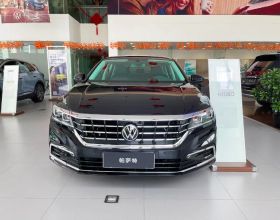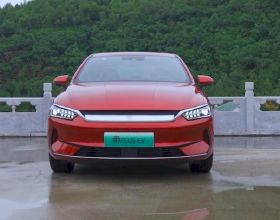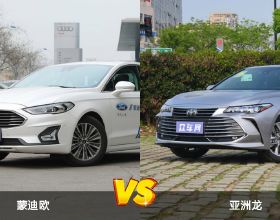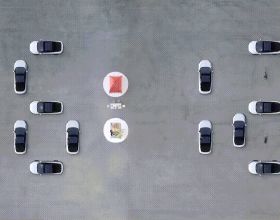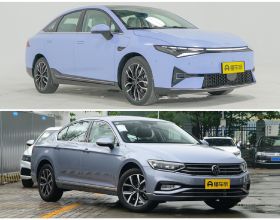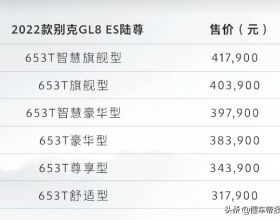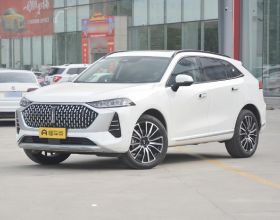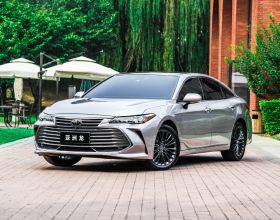塑膠為人類帶來了很多便利,我們現在早已習慣了用塑膠,穿塑膠,玩塑膠,吃……塑膠。沒錯,我們幾乎每天都在吃塑膠。
[Photo/Pexels]
Microplastics are “one of the greatest manmade disasters of our time”, according to the Natural History Museum. That’s bad news, given they are also everywhere; in tap water, the food you buy, the clothes you wear and the air you breathe.
倫敦自然歷史博物館認為,微塑膠是“這個時代最大的人造災難之一”。這是個壞訊息,因為微塑膠無處不在;它存在於在自來水裡,你買的食物,你穿的衣服,你呼吸的空氣中。
The largest microplastics can be seen by the naked eye and are anything under half a centimetre in size. But many of them are small enough to act like specks of dust which we can inadvertently breathe in or eat in food. The smallest particles are called nanoplastics and they are small enough to get their way deep into the human body.
最大的微塑膠肉眼可見,大小不足0.5釐米。但許多微塑膠都很小,小到像灰塵一樣可以在不經意間被我們吸入或和食物一起吃下去。最小的塑膠顆粒被稱為奈米塑膠,它們小到可以深入人體。
New findings from the University of Portsmouth show that there is so much synthetic material in our homes that we might be breathing in up to 7,000 microplastic particles a day. Using specialist equipment, they measured a typical family home and found the highest concentration of it was in the bedroom of the eight-year-old daughter, whose room was decorated with plastic-based bedding, carpet and soft toys.
英國朴茨茅斯大學的新發現表明,我們的家中有太多合成材料,我們每天可能會吸入多達7000個微塑粒子。研究人員使用專業裝置測量了一個典型家庭住宅,發現其中微塑膠最集中的地方是8歲女兒的臥室,她的房間擺放著塑膠床墊、地毯和毛絨玩具。
Note:
Synthetic 人造的;(人工)合成的
Although research is in its infancy, the risks of these plastics could be serious – some studies have linked high exposure to cancer risk and disrupting our hormones. In animal studies, the particles have been shown to affect metabolism, gut bacteria and the immune system, among other things.
儘管研究還處於起步階段,但微塑膠的危害可能很大——一些研究表明,微塑膠與高患癌風險和擾亂人體激素有關。在動物研究中,微塑膠已被證明會影響新陳代謝、腸道細菌和免疫系統等。
Note:
Metabolism 新陳代謝
It is not yet known what a healthy level of microplastics might look like, but Dr Sabine Donnai, CEO of the Viavi clinic, is adamant that many people in the West are over the threshold. In tests at her clinic, patients often come back with dangerously high levels of plastic in their bodies, she says.
目前,我們還不知道人體內微塑膠的健康水平是多少,但Viavi診所執行長薩賓·多奈博士堅信,許多西方人已經超過了安全線。多奈表示,在她的診所進行的測試中,患者體內的塑膠含量往往處於較高的危險值。
微塑膠幾乎無處不在,食物、飲用水、化妝品、生活用品中都有微塑膠。從現代生活裡消除塑膠幾乎是不可能的,但我們仍然可以採取一些措施來儘量減小微塑膠的攝入。
1 Avoiding reheating takeaway food in plastic boxes
避免將外賣裝在塑膠盒中重新加熱
Any time plastic containers are heated, chemical changes in the material mean it can leach microparticles into your food. If you can’t avoid the takeaway boxes, try not to reheat food in them when having leftovers. Instead, decant them to a plate.每當塑膠容器被加熱時,材料發生的化學變化意味著會有微粒子滲入到食物中。如果你無法避免使用外賣盒,那麼吃剩飯時儘量不要在外賣盒裡加熱,而是應該倒進盤子裡。
2 Using a glass water bottle instead of a plastic one
用玻璃水瓶代替塑膠水瓶
Canadian research from 2019 found that bottled water contains 22 times more microplastics than tap water, meaning someone who exclusively drinks bottled water would imbibe 130,000 more particles a year, compared to 4,000 from tap water.
2019年加拿大的一項研究發現,瓶裝水中的微塑膠含量是自來水的22倍,這意味著只飲用瓶裝水的人每年會吸收超過13萬個微塑膠粒子,而飲用自來水的人吸收的微塑膠粒子數量為4000個。
She recommends using a glass bottle when you’re on the go, and filling it with water that has gone through a reverse osmosis filter, which can help to remove the microplastics in tap water.她建議外出時攜帶玻璃瓶,並裝入經過反滲透過濾器的水,這有助於去除自來水中的微塑膠。
[Photo/Pexels]
3 Avoiding using cling film on hot food
避免在熱食物上包裹保鮮膜
“Cling film is bad: never microwave it or put it on hot food,” says Donnai.多奈表示:“保鮮膜不健康:千萬不要用微波爐加熱或放在熱的食物上。”
4 Using metal or glass coffee cups
使用金屬或玻璃咖啡杯
The heat of the coffee will encourage the plastic to leach into your drink. Instead, bring a reusable glass cup for takeaways or consider drinking your coffee in a cafe.
咖啡的熱度會讓塑膠滲入你的飲料中。可以帶一個可重複使用的玻璃杯,或者考慮在咖啡館喝咖啡。
5 Swapping plastic baby bottles for glass versions
將塑膠嬰兒奶瓶換成玻璃瓶
To reduce your baby’s exposure, you could think about swapping plastic baby bottles for glass versions. Alternatively, you could use other methods to sterilize that don’t involve heating, like UV light sterilization machines or with sterilizing powder or tablets.為了減少寶寶接觸微塑膠,你可以考慮將塑膠嬰兒奶瓶換成玻璃奶瓶。或者,也可以使用其他不需要加熱的方法給奶瓶消毒,比如紫外線消毒機或使用消毒粉或消毒片。
6 Stopping chewing on the end of pens
停止啃咬筆頭
Donnai also suggests looking at other sources of plastic in your children’s lives, including baby chewing toys or dummies which are particularly harmful because they go in the mouth. Similarly, she recommends that adults stop chewing on the end of pens.多奈還建議尋找孩子在生活中接觸到的其他塑膠來源,包括嬰兒咀嚼玩具或橡皮奶嘴,這些物件會進入口腔,因此尤其有害。同樣,她建議成年人停止咬筆的末端。
來源:《每日電訊報》編輯:董靜
來源:中國日報網

